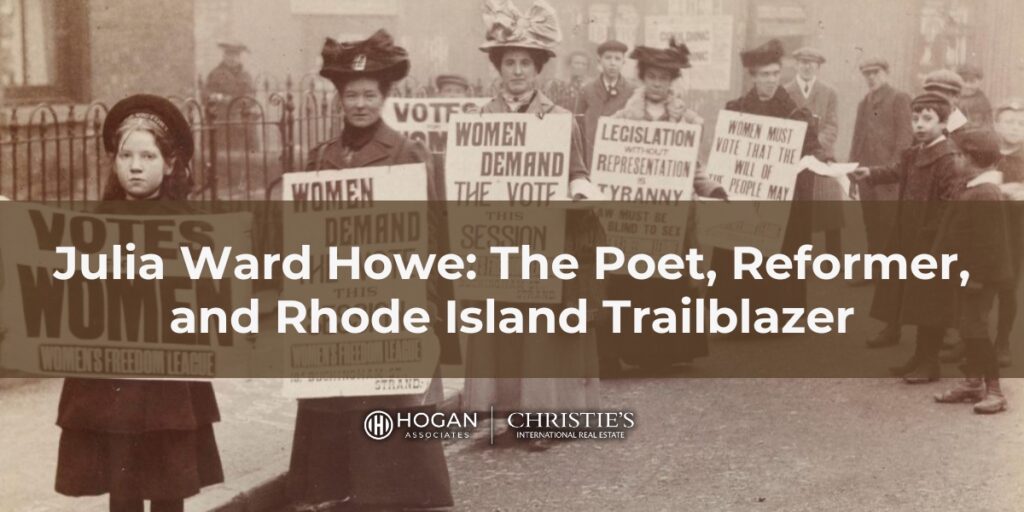
Julia Ward Howe’s life was a remarkable blend of intellectual achievement, social activism, and cultural influence. Best known as the author of the Battle Hymn of the Republic, Howe was a pioneering voice in the movements for abolition and women’s rights. Her contributions to literature and progressive causes shaped American history and continue to inspire today.
While much of her work had a national and global impact, Rhode Island held a special place in her life and legacy. From her early summers in Newport to her tranquil retreat at Oak Glen in Portsmouth, Howe’s connection to the Ocean State reflected both her family’s deep roots and her personal passion for fostering culture and social progress.
Early Life and Literary Achievements
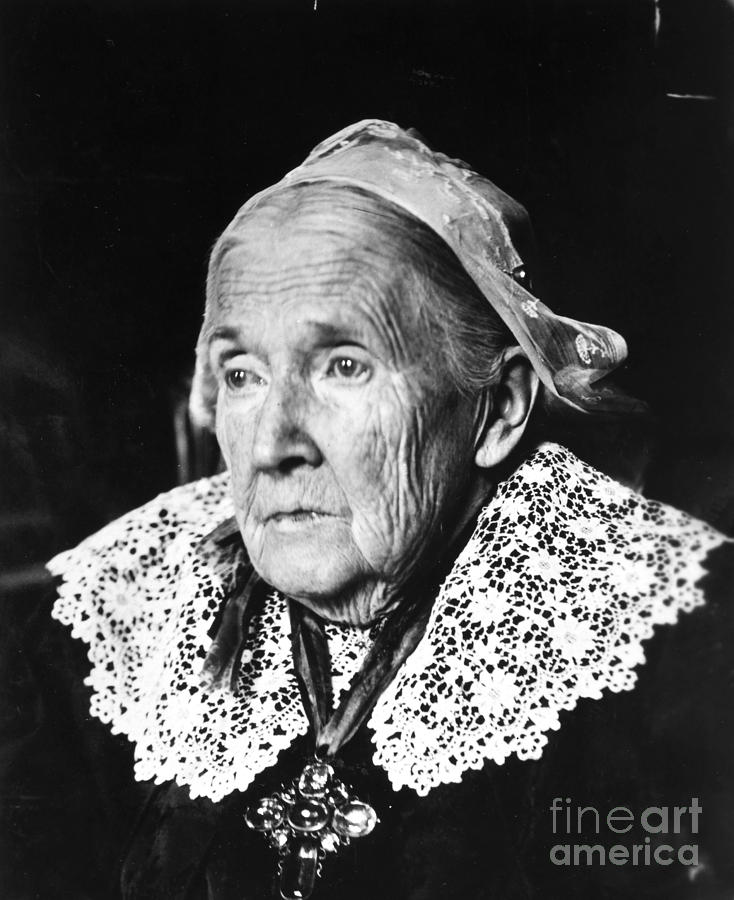
Julia Ward Howe (1819 -1910) was born into a wealthy and prominent family in New York City, where she received an extensive education uncommon for women of her time, studying languages, literature, and philosophy. Her literary talents emerged early, leading to her work being published in her twenties. Her most iconic work, Battle Hymn of the Republic, written in 1861, became a defining anthem for the Union during the Civil War. Known for its stirring refrain, “Glory, Glory Hallelujah!”, the hymn is thought to have influenced Abraham Lincoln’s Gettysburg Address and the 14th Amendment’s language on equality. Decades later, it was embraced as a rallying cry during the civil rights movement of the 1950s and 60s. In addition to poetry, Howe wrote essays, plays, and lectures, passionately advocating for abolition, women’s rights, and social justice, cementing her place as both a literary icon and a trailblazer in progressive thought.
Howe’s Rhode Island Roots
Howe was a near life-long summer resident of Aquidneck Island, beginning in her teenage years in Newport and later at two country homes in Portsmouth. Her ties to Rhode Island extended beyond her summer stays. On her father’s side, she was a descendant of Roger Williams, a founder of Rhode Island, and through her brother’s marriage, she was connected to the influential Astor family. Her connection deepened with her marriage to Dr. Samuel Gridley Howe, a Brown University graduate and prominent abolitionist. Together, they often visited Newport, where Julia found inspiration in its cultural vibrancy and natural beauty.
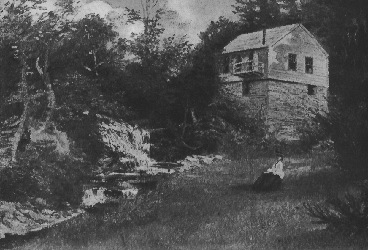
Newport Beginnings
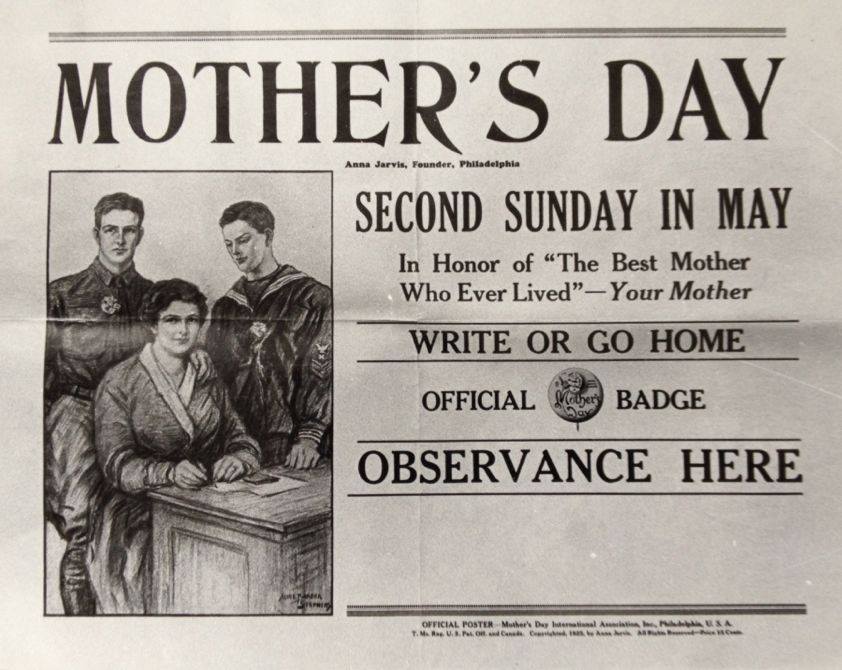
Julia’s connection to Newport began in her early teens, when she and her siblings sought refuge from a cholera outbreak in New York City by staying with their maternal grandmother near Bailey’s Beach. The seaside setting provided a refreshing break from the strict atmosphere of their New York home, and their father, Samuel Ward, soon recognized the positive effect it had on his children’s well-being. He decided to purchase a home at the corner of Bellevue Avenue and Old Beach Road, next to the Redwood Library. This marked the beginning of Julia’s lifelong summers in Newport, a city she would watch evolve from a quiet commercial port to a bustling Gilded Age retreat.
Newport’s Cultural Catalyst
After her marriage to Dr. Samuel Gridley Howe, Howe began to play an active role in shaping Newport’s cultural identity. As the city transformed into a summer haven for America’s elite, Howe’s gatherings and intellectual pursuits attracted both established figures and aspiring talents. She founded the “Town and Country Club,” initially focused on natural history but later expanding to include cultural and philosophical discussions. The club’s meetings became a cornerstone of Newport society for over 30 years, offering an enriching counterpoint to the leisurely pursuits of the city’s affluent visitors. She was also known to frequent the Redwood Library and Athenaeum, one of the oldest lending libraries in America, where she contributed to intellectual discourse.
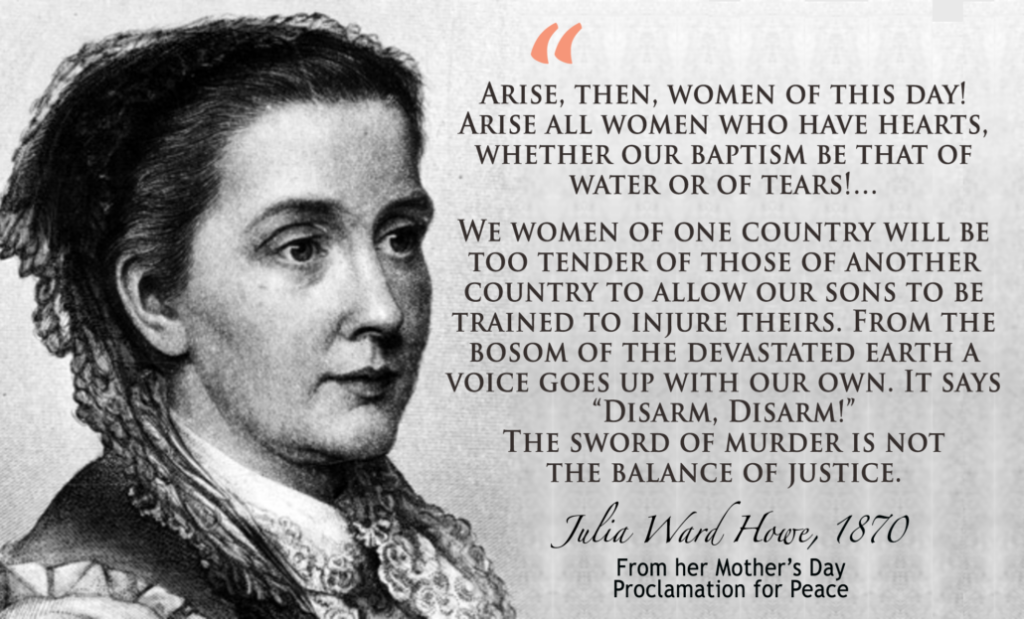
A Peaceful Portsmouth Retreat
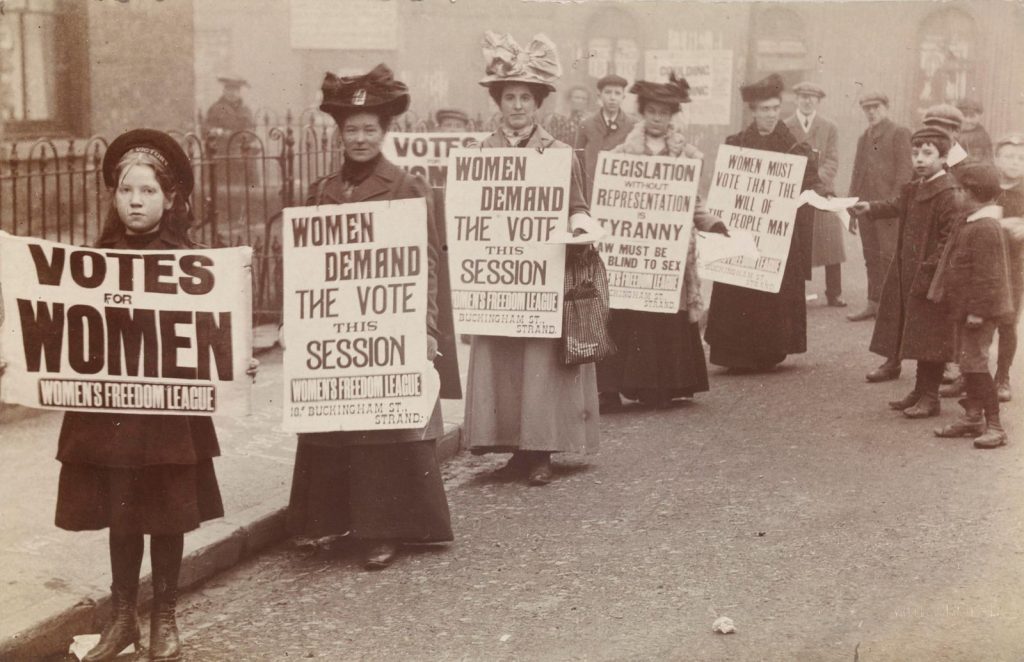
While Newport served as a hub for social and intellectual activity, Julia found solace in her Portsmouth home, Oak Glen, where she spent significant time in the later years of her life. The tranquil retreat allowed Howe to focus on her writing and advocacy work. Oak Glen was more than just a personal sanctuary; it was also a gathering place for prominent figures of the time. Visitors included luminaries such as Oscar Wilde, Mark Twain, and poet William Ellery Channing II, who were drawn to Julia’s intellect and hospitality. The home became a site for discussions on abolition, women’s rights, and other social issues, further demonstrating Howe’s commitment to progressive causes.
Advocate for Abolition and Women’s Rights
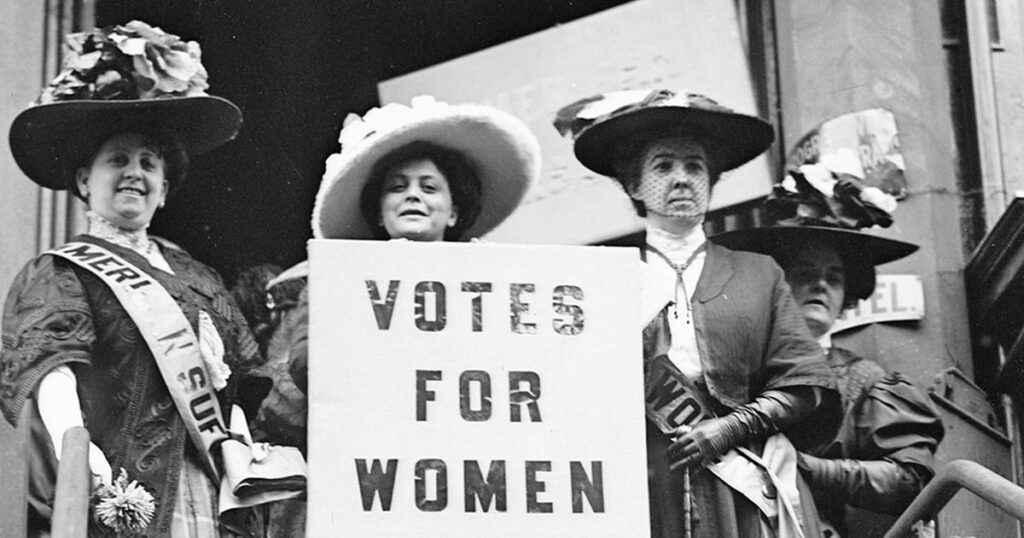
Howe’s influence extended far beyond her literary achievements. She was a passionate abolitionist, supporting efforts to end slavery in the United States. After the Civil War, Howe turned her focus to women’s rights, becoming a founding member of the New England Women’s Club and the first woman elected to the American Academy of Arts and Letters. Her speeches and writings energized the women’s suffrage movement, paving the way for the 19th Amendment.
Julia Ward Howe remains a testament to the transformative power of action and advocacy. Her story reminds us of the enduring importance of fighting for equality and nurturing intellectual and cultural growth, a legacy that continues to resonate in Rhode Island and beyond.
Newport has long been a haven for writers and influential figures, each contributing to its rich cultural tapestry. Discover their stories and more on our blog:

Edith Wharton: Newport’s Literary Legend and Her Legacy at Land’s End
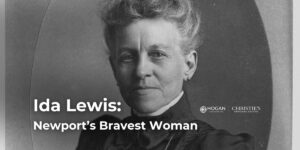
Ida Lewis: Newport’s Bravest Woman
If you’re interested in buying or selling a property in Newport, RI or its surrounding communities, Hogan Associates Christie’s International Real Estate will gladly be your guide. Call us at (401) 680-6588 or send a message to info@hoganri.com.




